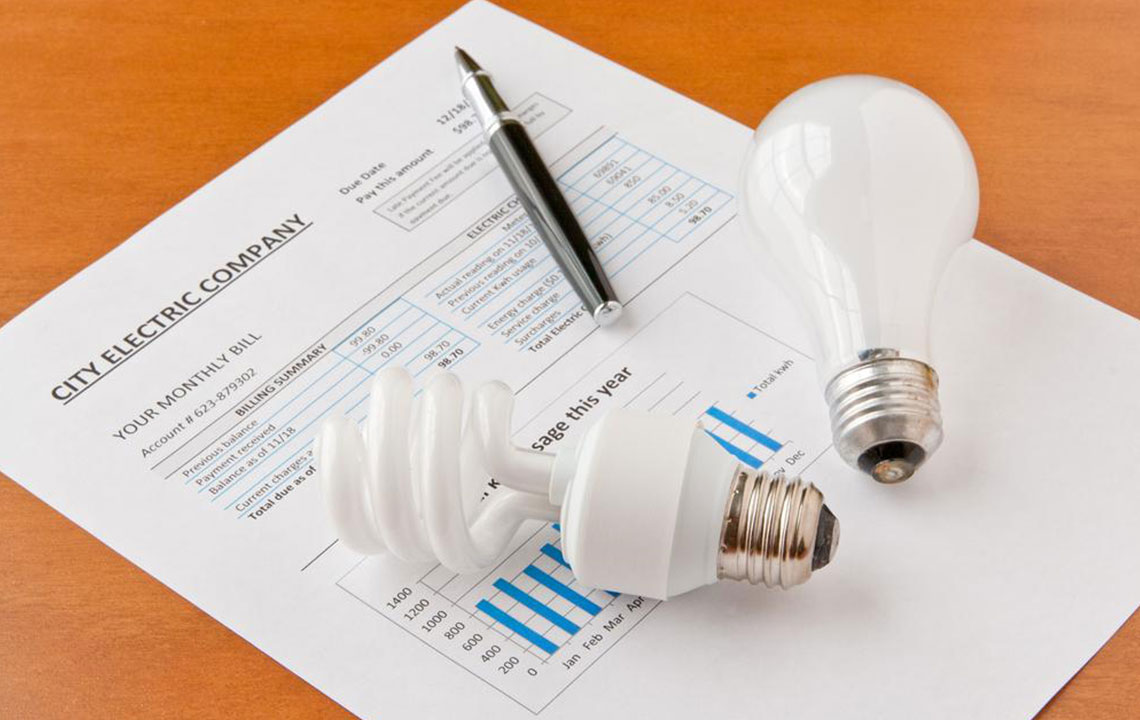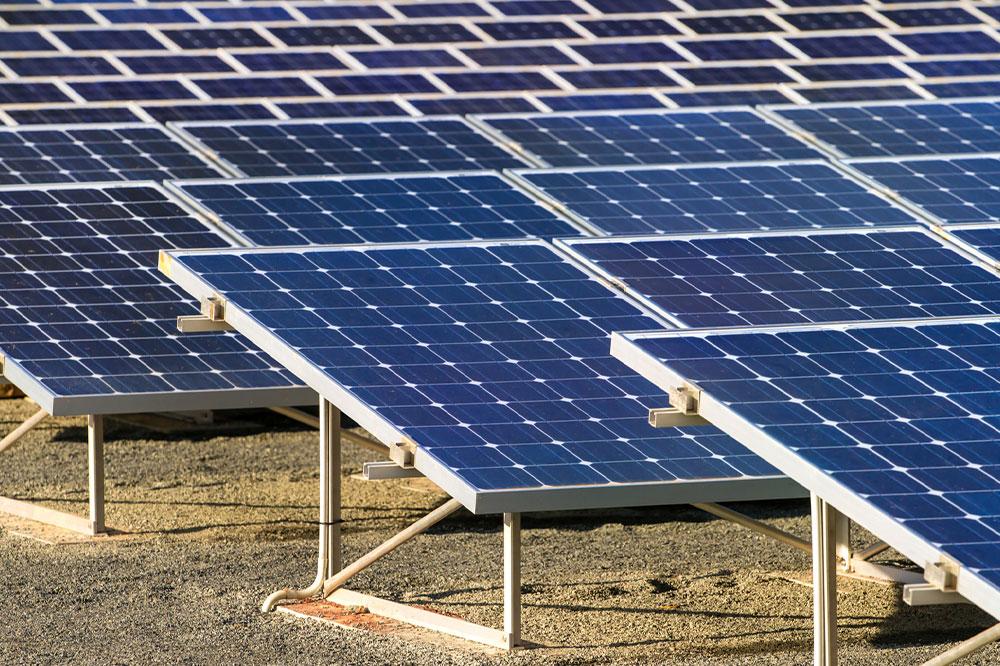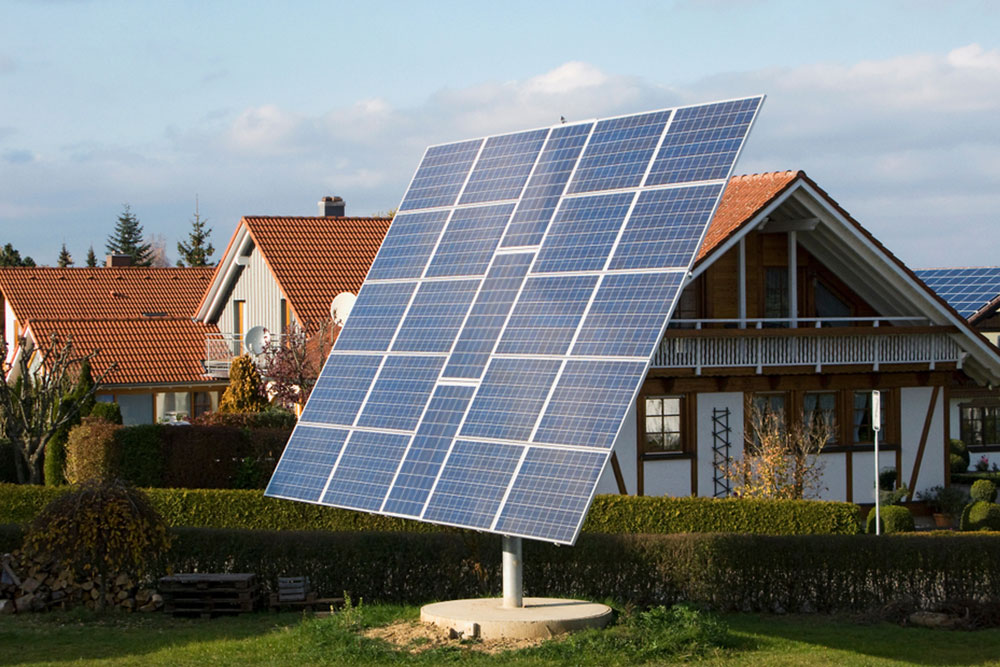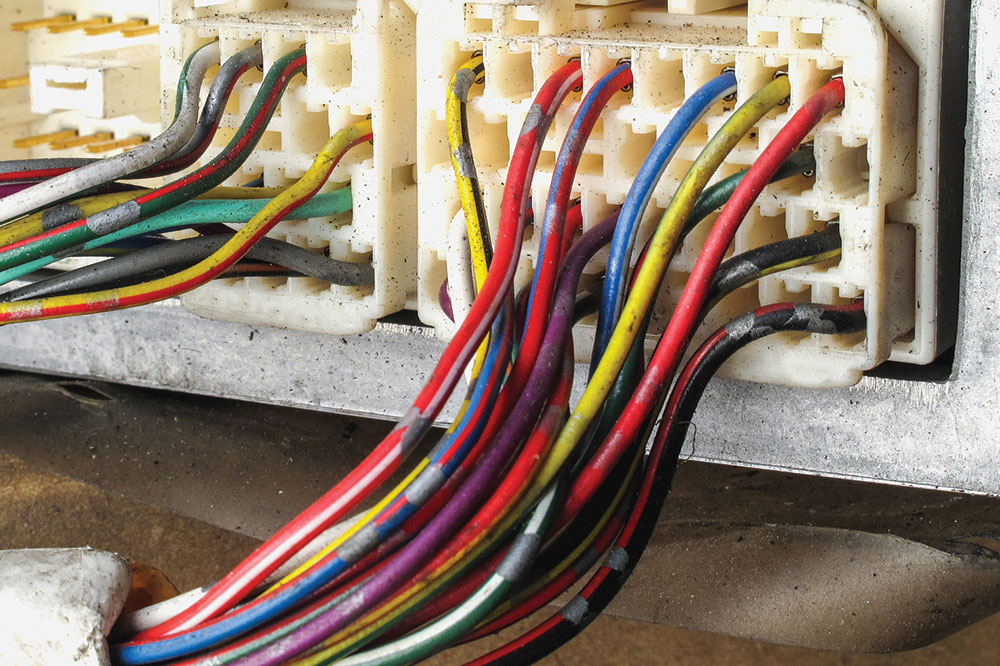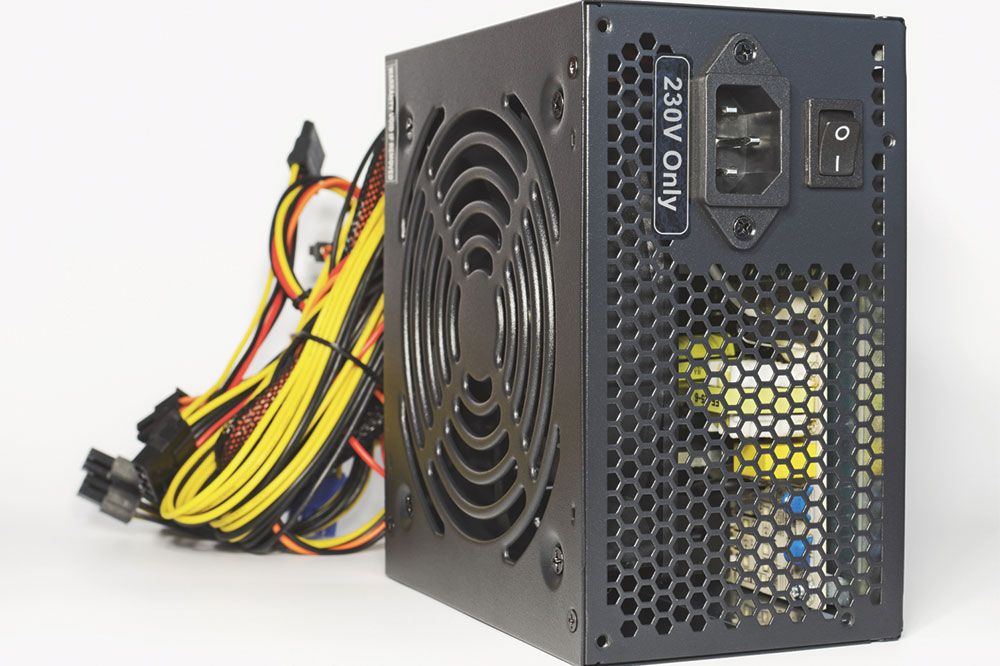Benefits of Direct Current Power Compared to Alternating Current
This article highlights the key advantages of DC power over AC, including easier energy storage, higher efficiency in electricity generation, and flexible engine operation. These benefits make DC power especially suitable for independent and off-grid energy systems, enabling better fuel conservation, power management, and storage solutions. The insights provided are useful for understanding how DC power can optimize small-scale energy setups.
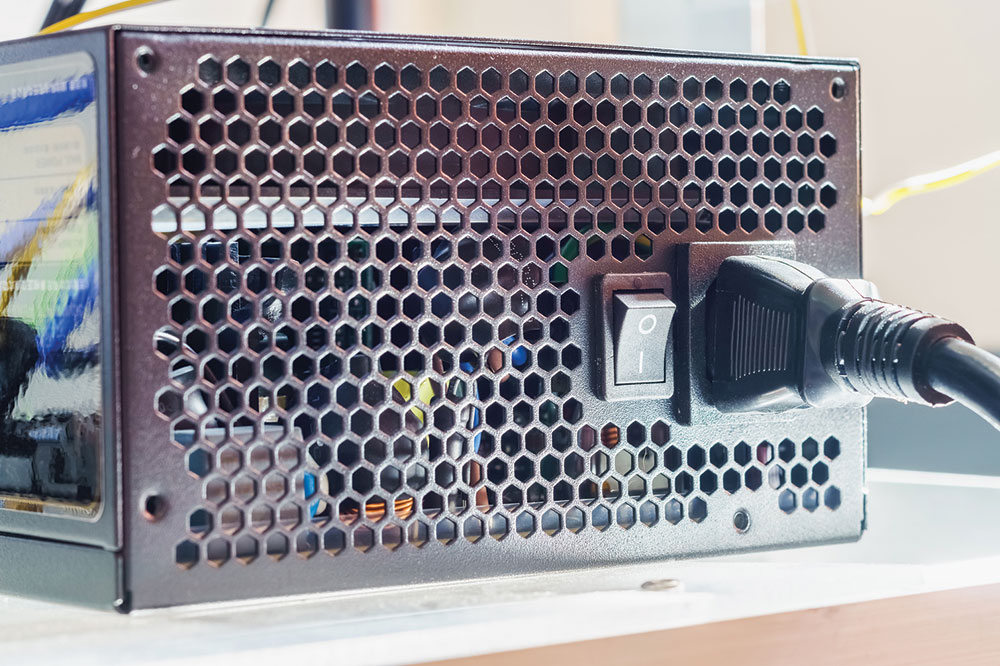
Benefits of Direct Current Power Compared to Alternating Current
Electricity can be supplied via two main methods: Direct Current (DC) and Alternating Current (AC). Both have distinct advantages and limitations based on their production and use. AC power is easier to transmit over long distances, but it’s less suitable for autonomous power generation. Conversely, DC power offers notable benefits for independent energy systems.
This article explores why DC power is preferable in certain scenarios, especially in off-grid power setups.
Ease of energy storage
DC power is simpler to store, particularly for small-scale applications. Independent power stations often include batteries that store electricity for future use, increasing energy density and efficiency. Energy storage allows for generator shutdowns, conserving fuel and providing power only when renewable sources are unavailable. Rechargeable batteries, which require DC, facilitate practical and efficient energy management.
Efficient power generation for mains supply
Most electrical equipment operates on mains-style AC power. DC power sources, such as diesel generators, can produce electricity more efficiently by generating DC first and then converting it to AC, reducing energy loss compared to direct AC generation from petrol-driven generators.
Flexible engine speed control
AC generators must operate at a fixed speed to produce stable mains power, limiting their adaptability. In contrast, DC generators can function across a range of engine speeds, adjusting output according to demand. This flexibility conserves fuel, minimizes noise, and improves overall power efficiency by modulating engine operation based on load requirements.


